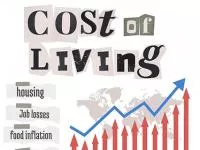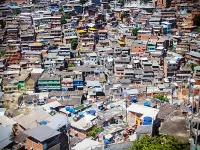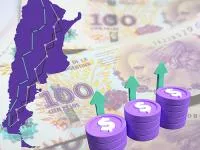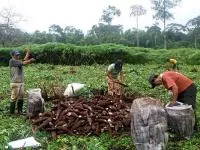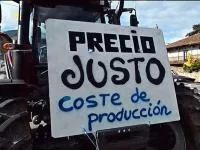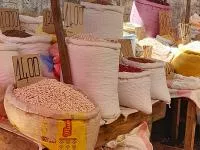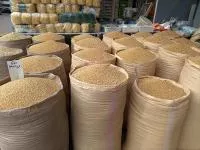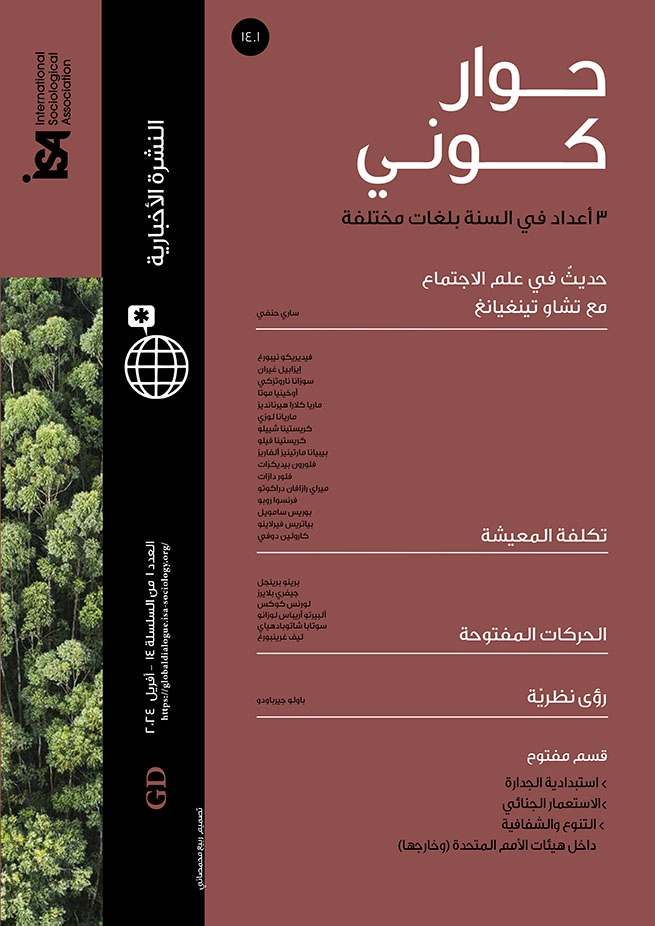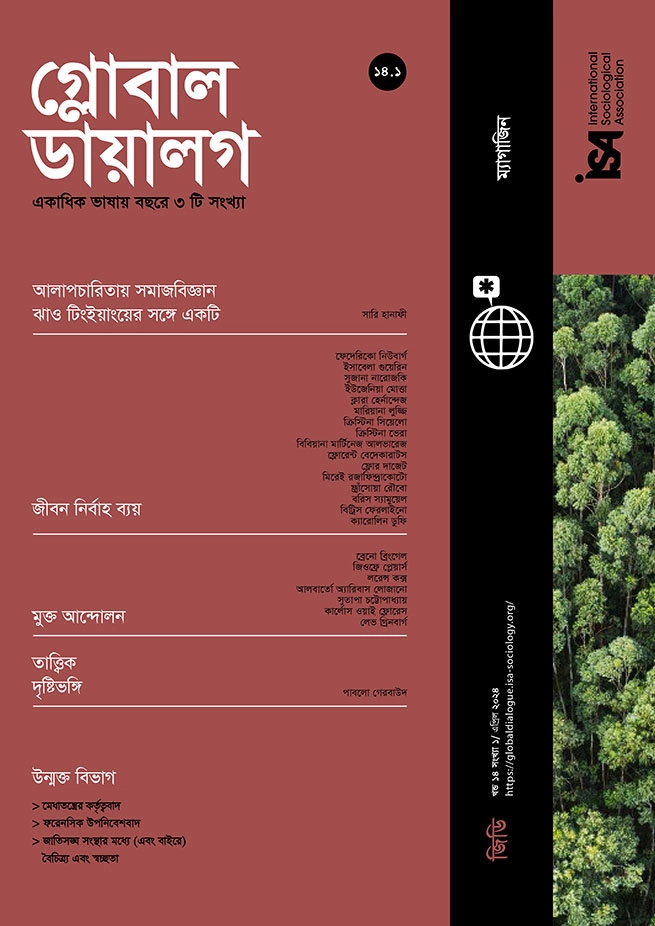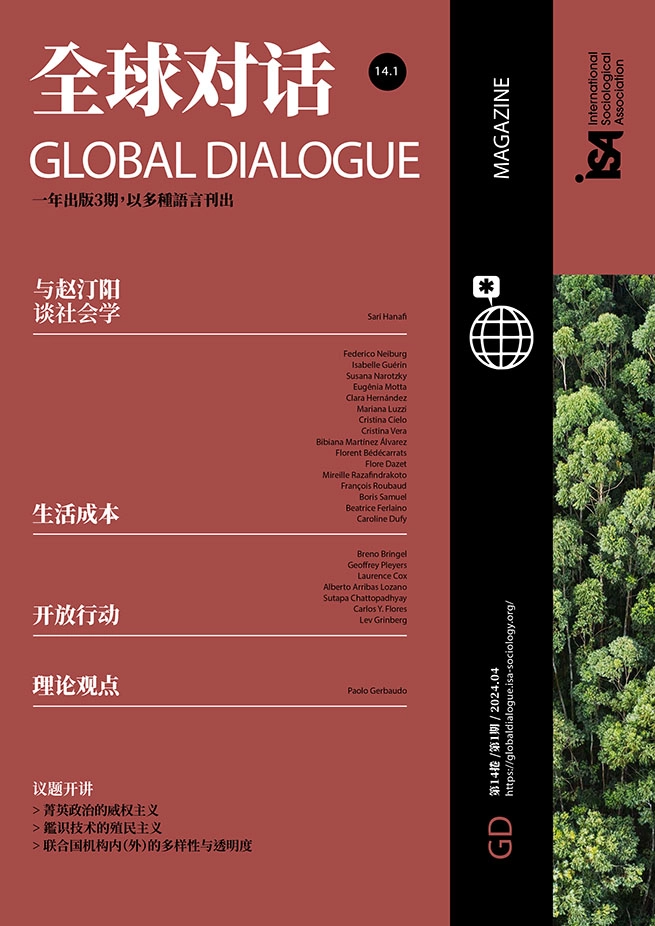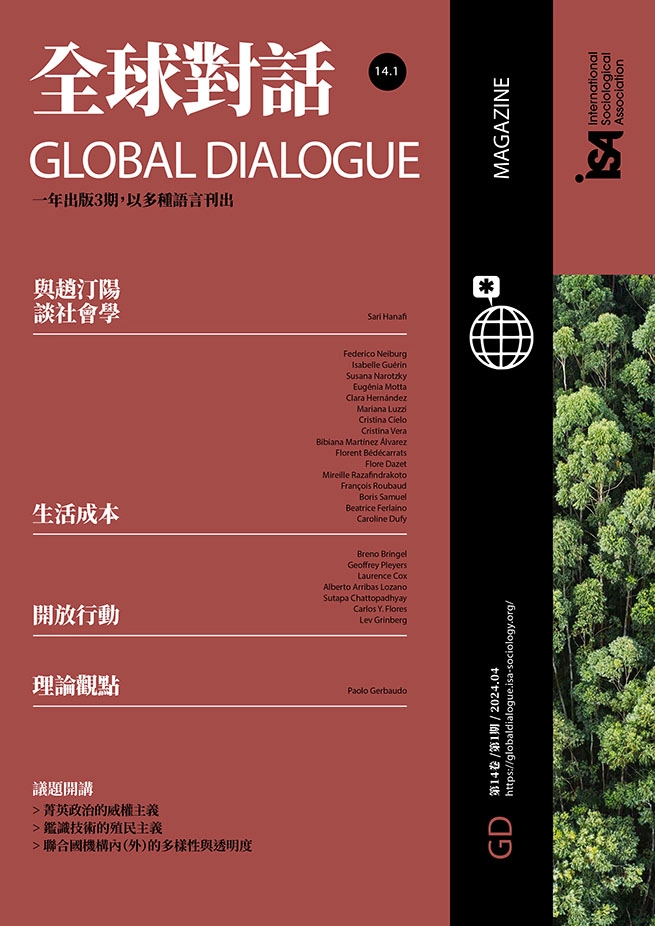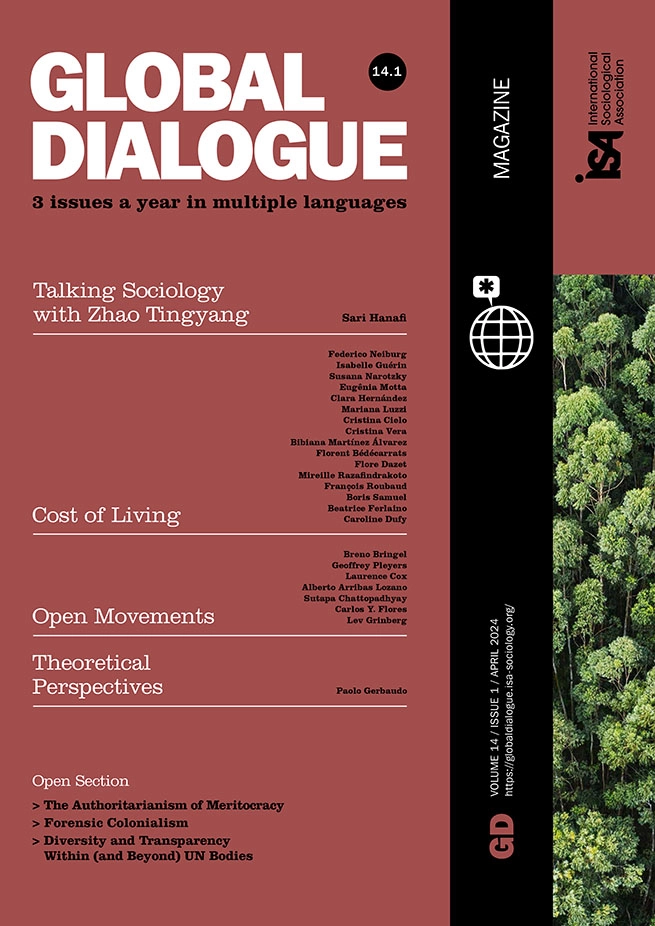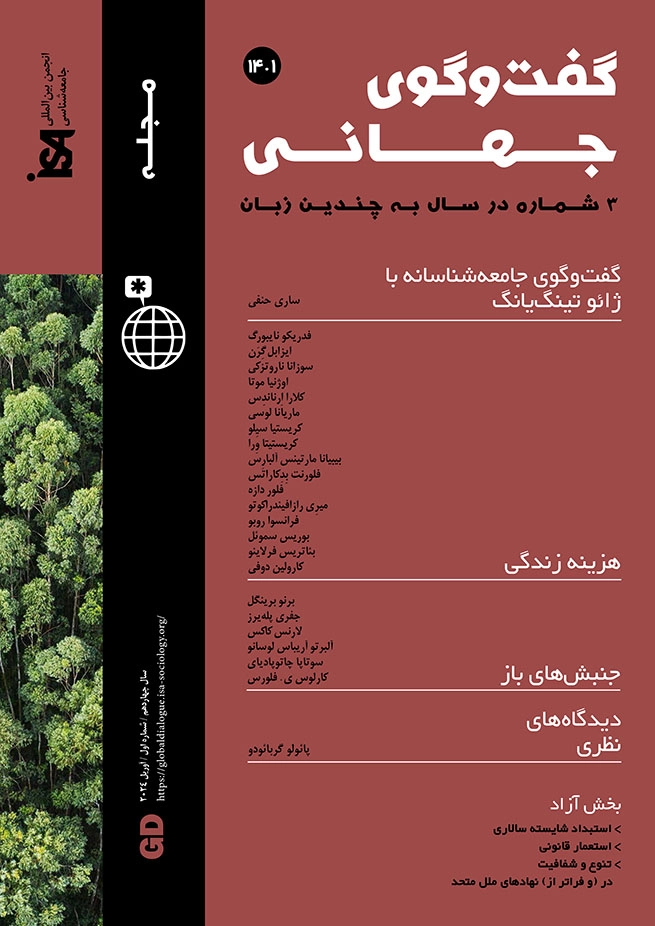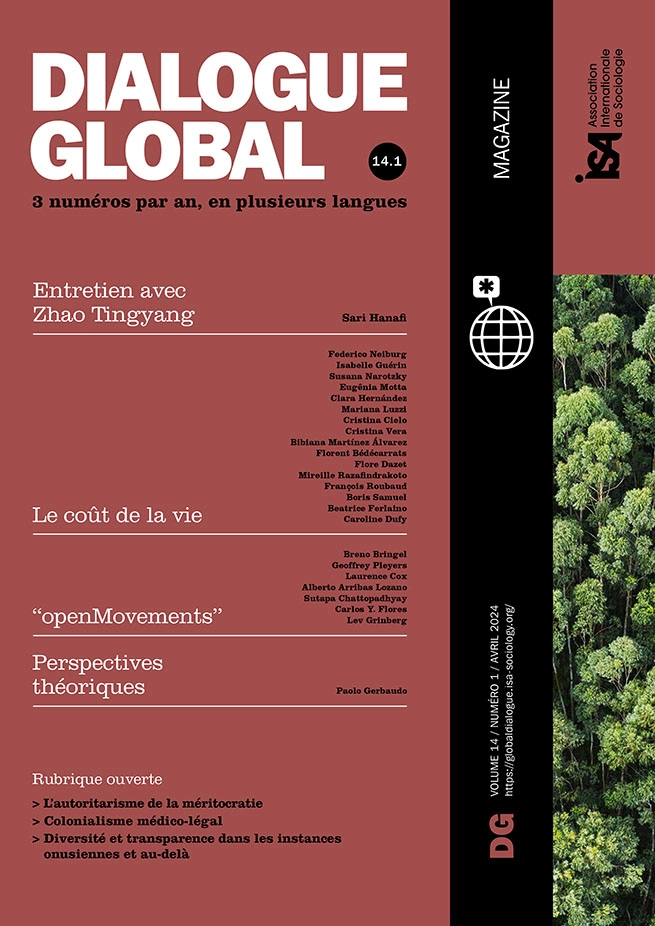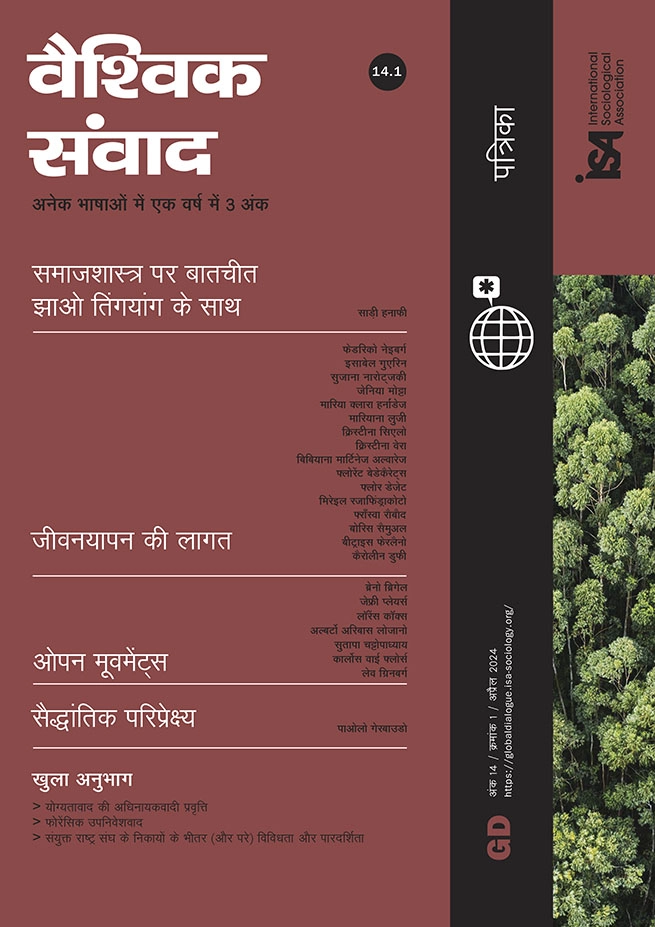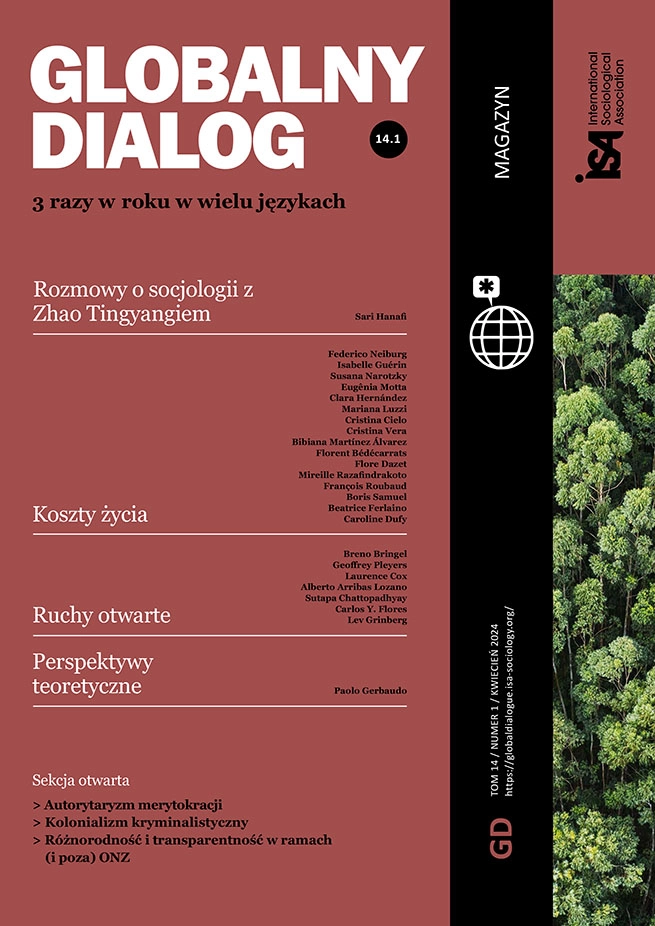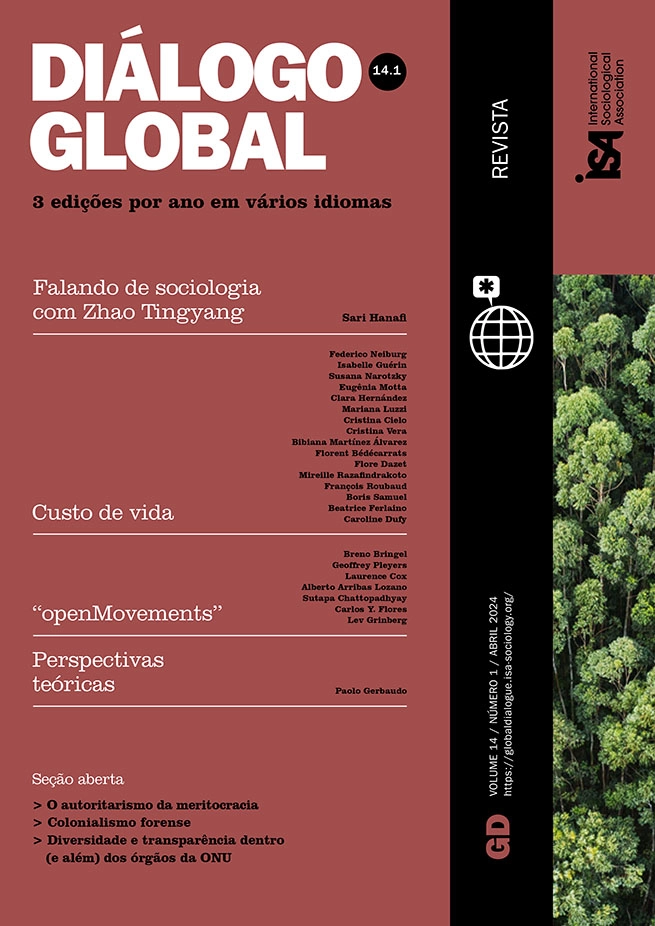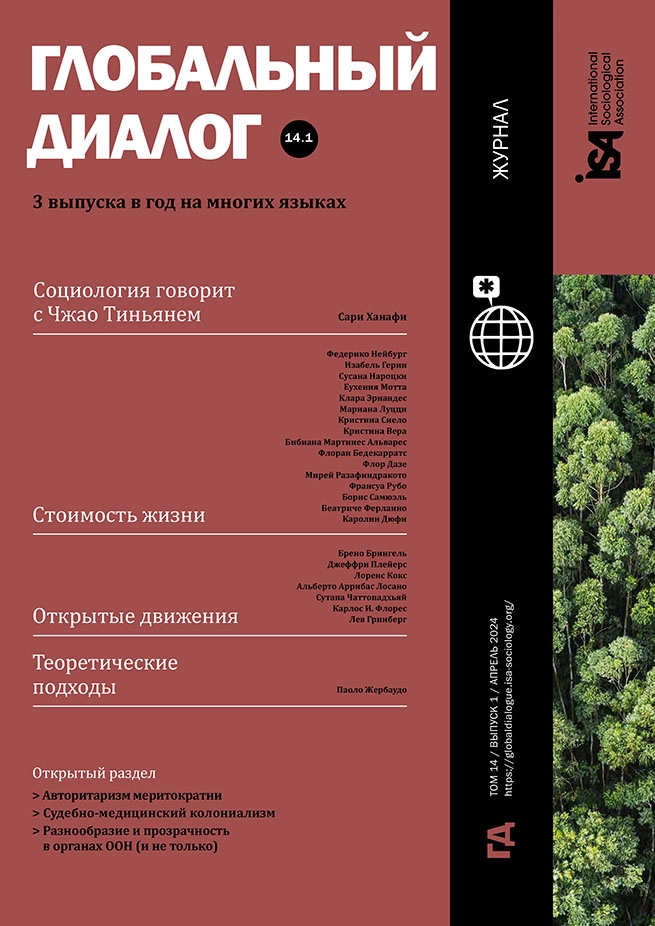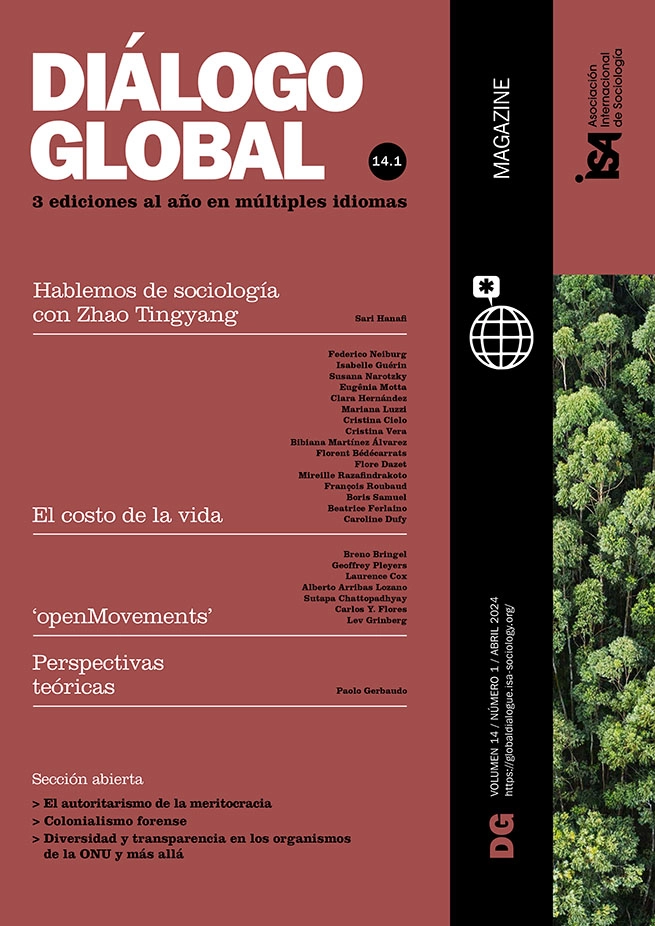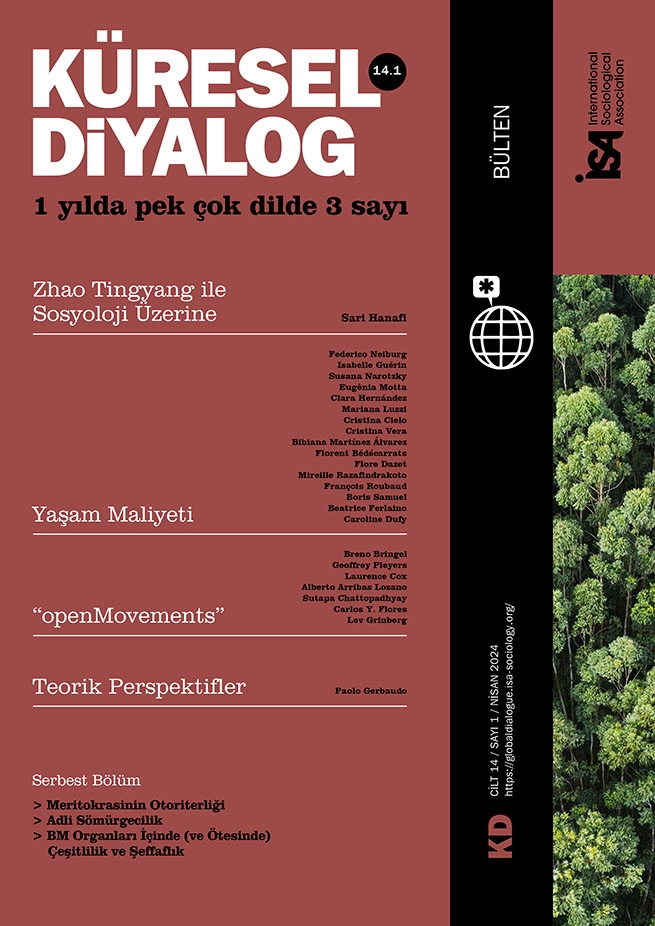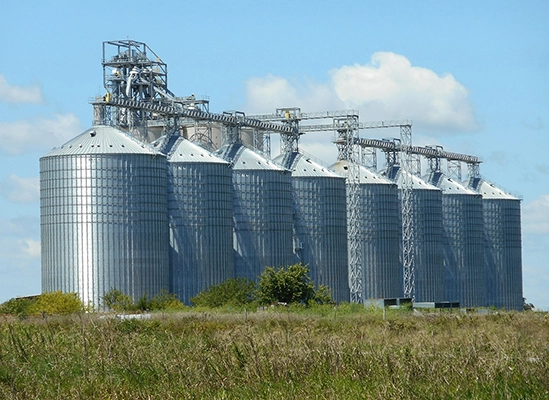Food security has been a cornerstone of the campaign to eradicate hunger and extreme poverty, which is one of the Millennium Development Goals (MDGs) identified by major international development organizations. Complex and multi-faceted, the concept of food security was defined by the United Nations (UN) World Food Summit in 1996 as based on four pillars: the availability of food, access to it and opportunity to use it, utilization and stability of the three pillars over time.
Despite the growth in agricultural production, this objective is under threat as a result of the successive crises that have occurred since the beginning of the twenty-first century. Whether financial, related to health or geopolitical, these crises have been associated with significant accelerated variations in food prices. Since 2014, and especially in 2022, Russia’s invasion of Ukraine has rekindled the risk of food shortages, and we have seen hunger riots in the Global South, inflation in the Global North, and disruptions in production and supplies in war zones around the Black Sea that represent global breadbaskets. Against this backdrop, global food security has regained a prominent place in international debates from the point of view of the many associated risks to agricultural markets, production, and trade. The resurgence of war in Europe since 2014 raises questions about the prioritization of this promise: How are the problems of food insecurity framed, and by which actors? Which populations are concerned? Does war change the way in which the issue of food security is mobilized?
Food security in Russia: a rhetorical construct and legitimizing strategy of ruling elites
The context I mobilize to answer these questions is that of contemporary Russia since the launch of the invasion of Ukraine in 2014, as a country that is a leader exporter of grain on world markets. The methodology I adopt employs discourse analysis, based on a preliminary field survey conducted in the Russian agricultural world between 2015 and 2018 and on the public speeches of central Russian authorities since 2022 (mainly the President and the Security Council of the Russian Federation).
Theoretical approaches to the public issue of framing have shown how the mobilization of rural actors has promoted the emergence of alternative models. In South America, for example, the Vía Campesina movement has advocated food sovereignty for peasant communities. Thus, how a public issue is framed can offer a specific definition of the situation and related problems: it is the result of the cognitive, discursive, and political work of actors seeking to make a certain construction of the problems prevail over others.
Following these conclusions of pragmatic sociology, my research apprehends food security in Russia as a rhetorical construct and as a legitimizing strategy of ruling elites. In this context, three specific features can be highlighted. Firstly, the discourse designates a “political common” in a broad sense, articulated either via the notion of power or through that of sovereignty. Moreover, this discourse depends on an international context that distinguishes an “us” from a global “them”. By historicizing public issues, we can account for the transition from a conception of food security based on international integration in the first decade of this century to the nationalization of agri-food issues. Ultimately, this discourse has structuring effects, understood through agricultural and food policies in Russia since 2014. This enables us to comprehend how promoting policies to substitute agri-food imports from Western countries has fostered the nationalization of food issues and the restoration of the country’s agricultural export power since 2014.
Changing discourses and competing views of food security
Since 2014, the rhetoric of global grain power based on integration into international markets as part of Russia’s accession to the World Trade Organization has given way to political discourse in favor of national sovereignty based on food independence. The regime of international sanctions played a pivotal role in this evolution, reinforced by embarking on large-scale warfare in Ukraine in 2022.
The grain agreement signed in July 2022 between Russia and Ukraine under the aegis of the UN and Turkey created a humanitarian exception in a context and zone of high-intensity warfare. The intention behind it was to promote grain exports on world markets and ease price pressures. Russia denounced the agreement and refused to extend it beyond spring 2023.
This discontinuance brings to the fore the confrontation between two views of food security: the liberal and the protectionist. The former focuses on international trade as a factor to promote general prosperity, growth and a positive-sum game. It is supported by international organizations such as the UN, the Food and Agriculture Organization and the World Food Program. This perspective spearheaded agricultural modernization in Russia in the first decade of this century. The latter is authoritarian and productivist, supported by references to power and a zero-sum game. The circulation of goods is organized and controlled by the state. This is the latest narrative, produced by the executive branch of contemporary Russia, that has taken hold since 2014. It is hardly challenged by any alternative rhetoric, which, if it exists at all, remains marginal.
Caroline Dufy, Sciences Po Bordeaux and Centre Émile Durkheim, France <c.dufy@sciencespobordeaux.fr>
